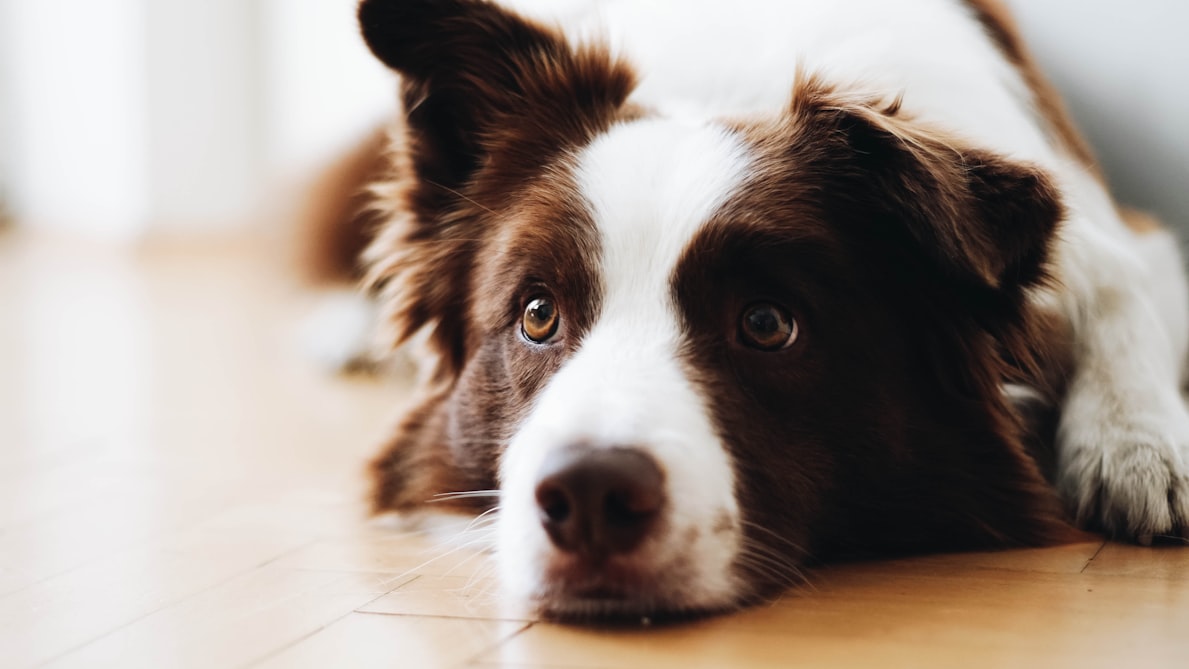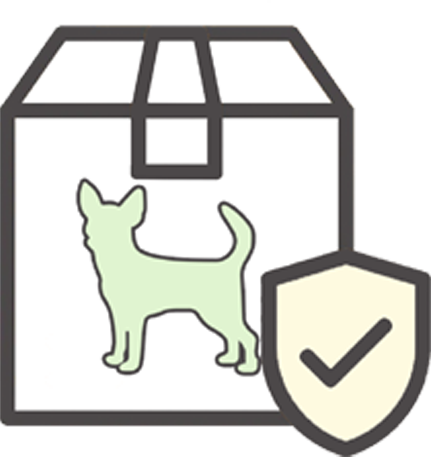Doggie Puberty: What to Expect
Updated On: Friday, January 10, 2025 14:33:38 PM America/Los_Angeles
You might be thinking to yourself, “Dogs go through puberty, too?!?” The answer is yes! Growing dogs also experience changes as they transition from being a puppy into an adult dog. Luckily, you won’t have to argue with your fur baby about whether or not they can use the car or if they can stay out past curfew. But this doesn’t mean that there won’t be some major changes.
Photo by Anna Dudkova
What is dog puberty?
In many ways, dog puberty is a lot like the puberty that humans go through during their teenage years. You can expect behavioral changes alongside physical developments -- especially if your dog hasn’t been spayed or neutered.
Puberty for dogs can occur anytime from when they’re four months to two years old. Just as with humans, puberty is when canines experience major hormonal changes as well as cognitive developments. While they go through these shifts, you may notice that they’ll also exhibit new or exaggerated behaviors. Maintaining routines and any training that your pup is going through will be essential for making sure they don’t develop any bad habits.
How can I tell if my dog is going through puberty?
For dogs that aren’t fixed, the bodily changes will be obvious. Unspayed females will get their period and the testicles of unneutered males will descend. The physical changes will be less obvious or not occur at all if your pup is fixed.
However, they’ll still undergo cognitive developments that can result in behavioral changes. Every dog is unique and so it’s difficult to generalize how they’ll change, but some common behaviors that may emerge during this time are marking for male dogs, forgetting things they previously knew (like potty training), and exaggerated personality traits. For example, shy dogs can become more withdrawn while playful dogs may become hyperactive.
Whatever doggie puberty brings, one of the best ways to be prepared is to be attentive to your dog’s changing behaviors. If you see your dog becoming increasingly active, provide extra toys so that your pup has a healthy outlet for all her energy. For mischievous dogs who “forget” their potty training, make sure there are extra pee pads around. Having a real grass dog bathroom can help encourage proper potty behavior. Remember: sticking to training not only prevents bad habits from forming, it’ll also provide a sense of routine and stability during a potentially chaotic time of your dog’s life.


